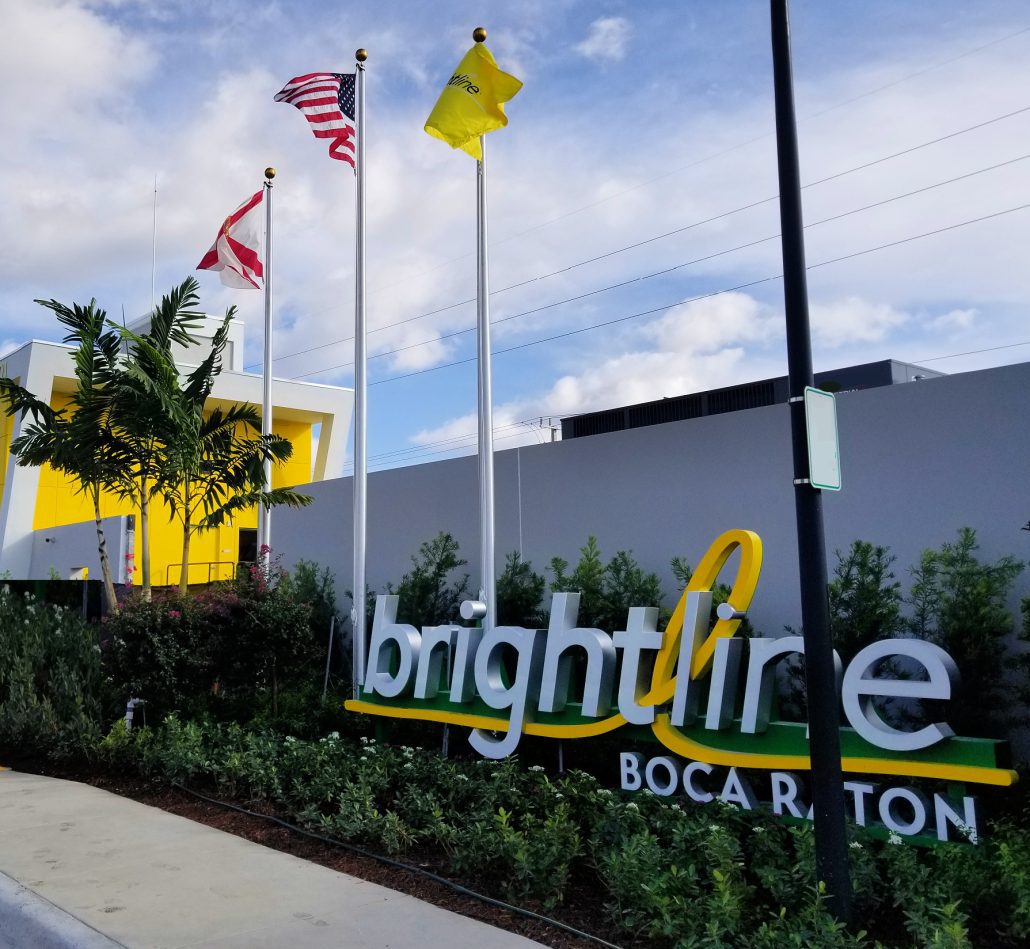Two scenarios are possible at today’s Board of Governors meeting when the board discusses Florida Atlantic University’s presidential search.
In one, the board concludes that, while the search had problems, those problems were not enough for the board to throw out the results and start over.
In the other, the board throws out the search.
Based on my conversations in recent weeks with those in the FAU community, the second scenario isn’t just more likely. It’s a certainty.
When State University System Chancellor Ray Rodrigues halted the search on July 7, based on what he called “anomalies,” he asked the system’s inspector general to investigate. November was mentioned as the time when the investigation would be complete.
Presumably, Rodrigues will present the findings today. Discussion will include the opinion by Attorney General Ashley Moody that the search committee’s use of a straw poll violated Florida’s open-meetings law. Discussion might not include the opinion that FAU sought from a First Amendment expert that concludes otherwise.
That straw poll was one “anomaly.” The other was a question from the search firm to applicants about their sexual orientation. Brad Levine, who chairs the FAU trustees and the search committee, said the firm asked that question on its own. Committee members never knew any responses.
If the board allows the search to resume, things would revert to four months ago. The three finalists—none of whom has dropped out—would come to the Boca Raton campus as they had been scheduled to do in July. They would meet with faculty and students, after which the trustees would choose a candidate for the Board of Governors’ approval. FAU could have a new president by January, when the board next meets.
If the board invalidates the search, however, FAU might not have John Kelly’s successor until mid-summer, at the earliest. Six months elapsed between the committee’s first meeting and its choice of finalists. FAU also would have to create a new search committee. The previous one disbanded after choosing the finalists. Its work was done.
Prolonged delay would mean much more uncertainty at FAU. As I reported months ago, there isn’t just an interim president—Stacy Volnick, who’s had that role for nearly a year. Interims also are filling the two most important academic jobs after president, the chief fundraising position, the dean of undergraduate studies and dean of the medical school.
The politics of the search also have shifted.
Those three finalists did not include State Rep. Randy Fine, R-Palm Bay, who at the time was Gov. DeSantis’ favorite to succeed Kelly. Finding an excuse to start over could have helped Fine, who acknowledged to the South Florida Sun Sentinel that he reported the sexual orientation question.
Now, however, DeSantis isn’t promoting Fine, who has endorsed Donald Trump for president over the governor. Fine has acknowledged that he won’t get the job. If so, does that mean DeSantis has another choice? The governor installed his pick to run South Florida State College—even after he wasn’t a finalist. The governor’s choice to run Florida Gulf Coast University failed by just one vote.
Barely two years ago, the Board of Governors confirmed Richard McCullough to succeed John Thrasher as president of Florida State University. McCullough had been Harvard’s vice provost for research.
FSU’s trustees chose McCullough from among three very qualified finalists. It happened before the law that now keeps the names of applicants for university presidencies secret unless they become finalists. The Legislature passed that law supposedly because that privacy provision would attract better applicants. In fact, the secrecy can make for politically rigged choices, as happened at the University of Florida and New College and almost happened with FAU.
McCullough was a popular choice. In September, the trustees gave him a strong evaluation and a raise. If the Board of Governors doesn’t like the idea of giving Volnick a three-year contract—an option the Faculty Senate has proposed—and the uncertainty continues, FAU may become the latest example of what has gone wrong with higher education in Florida.
Chris Davey not nominated for planning and zoning board
In one Sherlock Holmes story, the news was what didn’t happen. That also was the case Tuesday in Delray Beach.
Mayor Shelly Petrolia did not nominate Chris Davey for a seat on the revamped planning and zoning board. Davey had been chairman before the previous board was reorganized with new responsibilities, requiring new appointments.
Davey is one of Petrolia’s closest political allies. In January, using conduits, he sought to force Rob Long out of a city commission race against incumbent Juli Casale. Petrolia supported Casale, whom she recruited to run in 2020.
Even by the standards of Delray Beach’s factional politics, Davey’s action was remarkable. The ploy failed. Long won, even after all the supposedly damaging information with which Davey had threatened Long did come out.
Nominating Davey thus would have been beyond nervy. He also likely would have failed to get enough support from the other members of the commission. Petrolia chose someone else. The commission approved all seven members—some of whom are holdovers—unanimously.
Boca Brightline area changing

When Boca Raton approved the Brightline station, city officials predicted that it could transform that section of downtown south of the library and east of City Hall. That transformation may be starting.
The city has received an application from Mill Creek Residential for a 13-story project that would include 358 apartments and roughly 6,500 square feet of retail space. Called Modera Boca Raton, it would be on the block south of the library and the station.
Mill Creek’s narrative doesn’t have many more details, except that there would be nearly 500 parking spaces in a six-story garage, a rooftop pool and a sundeck. The renderings show a very futuristic design. Currently, the block is home to a mix of small businesses.
Documents list at least two properties on Northwest Fourth Street as making up the project. One is owned by Boca Raton Color Graphics. The other sold in 2021 for $1.68 million.
According to the narrative, “This submission modifies the existing commercial zoning to a Transit-Oriented Overlay District, with the intent that the final approved zoning could be applied in a wider geographic area outside of the properties specifically included in this submission.” The city would have to create such a district, like those elsewhere in Boca Raton.
Mill Creek also is proposing “improvements in the form of updated stormwater systems, new public sidewalks, and repaving of the adjacent roads. Our overall intent is to create an improved experience to residents and visitors to Boca Raton as they arrive on the Brightline.”
Modera Boca Raton is only in the first stages of staff review. I’ll have more details as the application progresses.
City Manager Moore to tie the knot

Delray Beach City Manager Terrence Moore is getting married to fiancée Michelle Eileen Korman Saturday evening. Moore bought a townhouse in the city when he began work in August 2021, and he’s keeping this event local. The ceremony/reception will be at the Opal Grand, one of Delray Beach’s most popular venues.
Date change for TCAI presentation

I reported Tuesday that The Center for Arts & Innovation will make a presentation before the Boca Raton City Council on Monday about its progress toward a performing arts center in Mizner Park. That was the date on the staff memo. A city spokeswoman said the presentation has been moved to Nov. 27.







